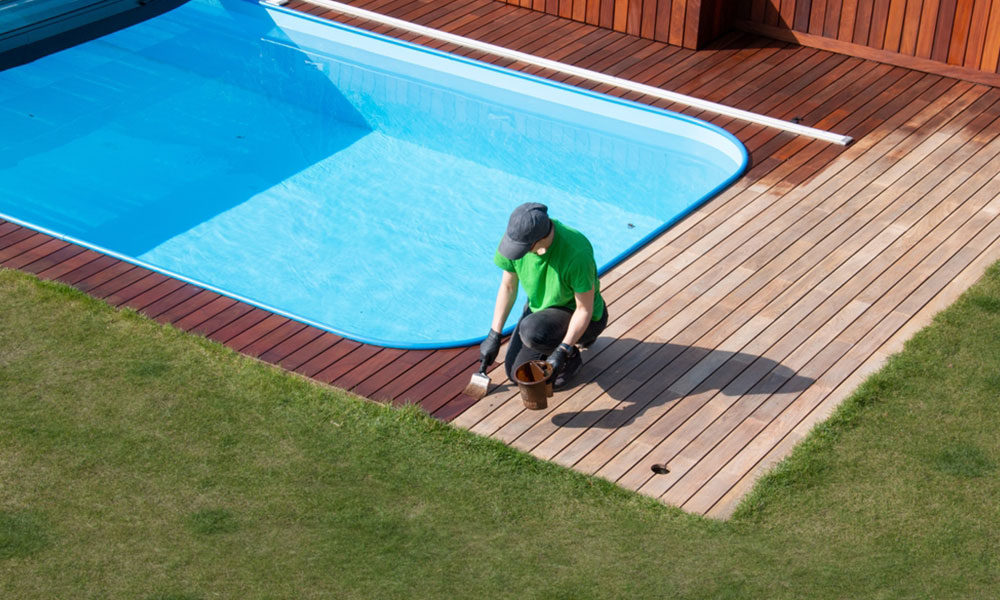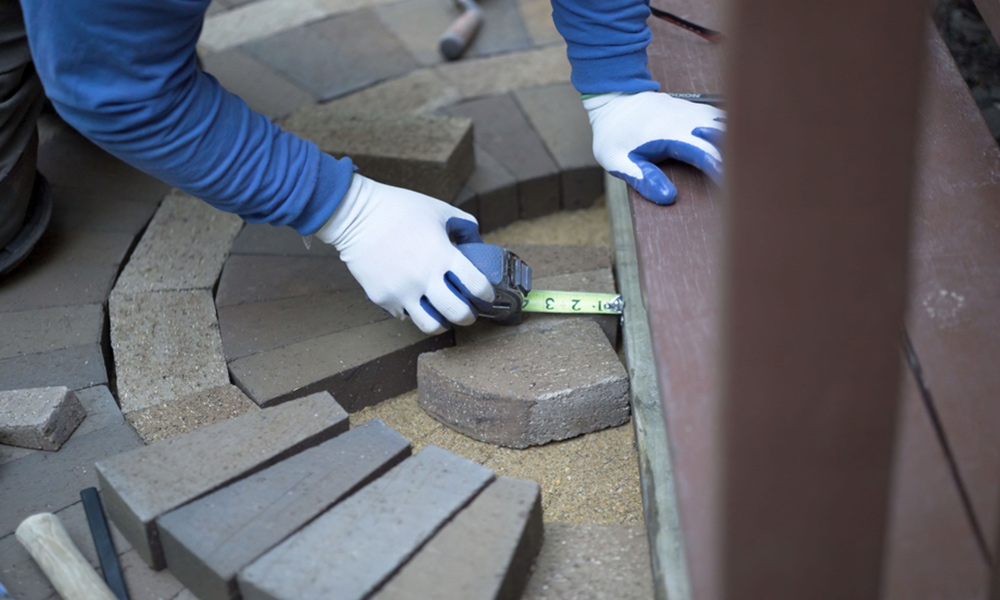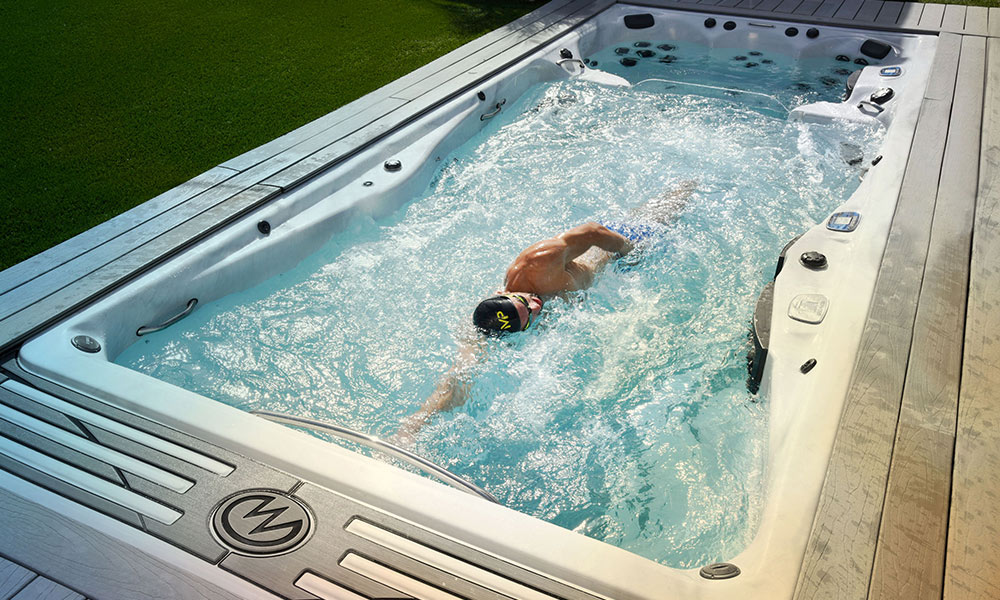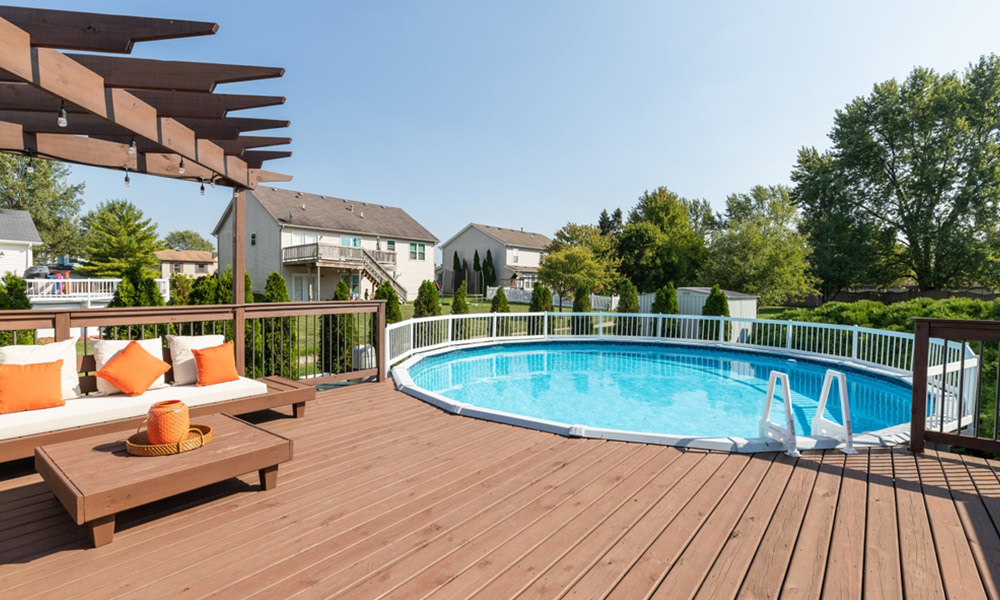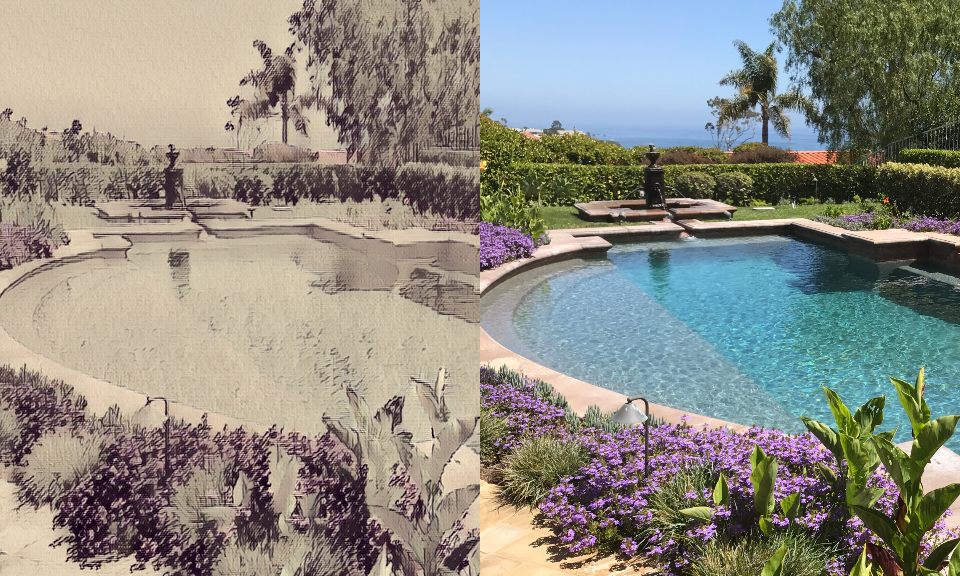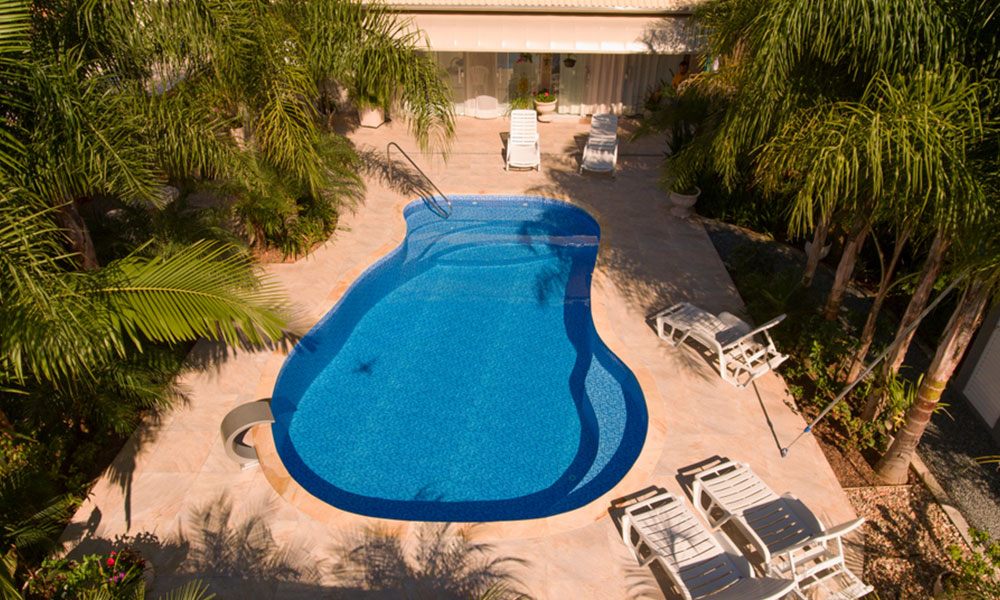Factors to consider when choosing your heater
Having a pool is a highlight of a home but if you want to maximize the amount of use you can get from it a heater is key to extend the amount months use can comfortably use the pool. There are many factors that come into play when heating a pool but a major one is the type of heater you use. Read on for our thoughts on Gas vs. Electric heaters.
Gas Heaters
Gas swimming pool heaters are currently the most popular choice and you can opt for natural gas or propane models. Heaters that burn natural gas must be hooked up to a gas line while the ones that burn propane, hook up to a propane tank. The burning gas heats up a combustion chamber, and the produced heat is transferred to the pool. This process is extremely effective at quickly heating a swimming pool.
Gas heaters, although effective and efficient, can be expensive to buy and to run long-term. The price of these systems can vary from under $1,000 to over $5,000 depending on the brand and size of the heater. The price to run them also varies, based on gas and propane costs. Because of the operation cost and efficiency of the heater, they are often used as a backup option or used for pools that do not often need to be heated.
(It should also be noted that gas heaters are the least environmentally friendly option as well. If you are looking to make your pool more eco-friendly, there are many easy ways to do this.)
These heaters do require some regular maintenance, so they are ready to do their job when needed.
- Regularly wash the tanks to get rid of debris which can clog the burner openings.
- Check the gas supply regularly (tanks usually come with a gauge).
- Check the pipes for leakages.

Electric Heaters
Electric pool heaters are much better for extended use. They take longer to warm the water than gas heaters and cost more initially, but the on-going cost of operation can be much less. There are two types of electric heaters to compare. One is an air-source the other is a water-source.
The air-source type works by taking heat from the air, transferring it to a compressor which heats it more, and passing the heat into the pool. Because they use heat from the air, they can usually keep the pool between 80-90 degrees as long as the air temperature stays above 45 degrees. However, when the air temperature is low, there is less heat in the air to use and the cost to run will be higher. These heaters are the best value during “pool season” when the weather is warm for an extended period of time.
The water-source type transfers heat from a water-source to your pool. The water from the source passes over evaporator coils which convert it into gas. The gas is then compressed (like in the air-source pump) and transferred to the pool water. No matter which type you have, it’s best if you have a dedicated electricity breaker for your pool heater.
Like Gas Heaters, Electric Heaters also require some maintenance. Over time, elements can become covered by minerals which reduce their efficiency and increase pool heating costs. You can prevent unnecessary costs by occasionally cleaning the element with a wire brush.
Takeaways
- A properly installed electric heater can last twice as long as a gas heater.
- If you live in a warm area, electric heaters are the most economical. You may not need to run it as much and you will usually have plenty of heat in the air to make it work efficiently and effectively.
- If you live somewhere that experiences prolonged cold temperatures or want to use it during colder temperature, a Gas heater is a great option for you.
- The size of the pool is not very consequential here because both types of heaters come in different sizes to fit your pool.
Here’s an idea! Consider having both a gas and an electric heater! An inexpensive gas heater is a good option to heat up something small like a spa or hot tub during the colder months. Then when the weather warms up, turn on your electric heat pump for your pool and you can maintain a comfortable temperature during the warmer weather.





